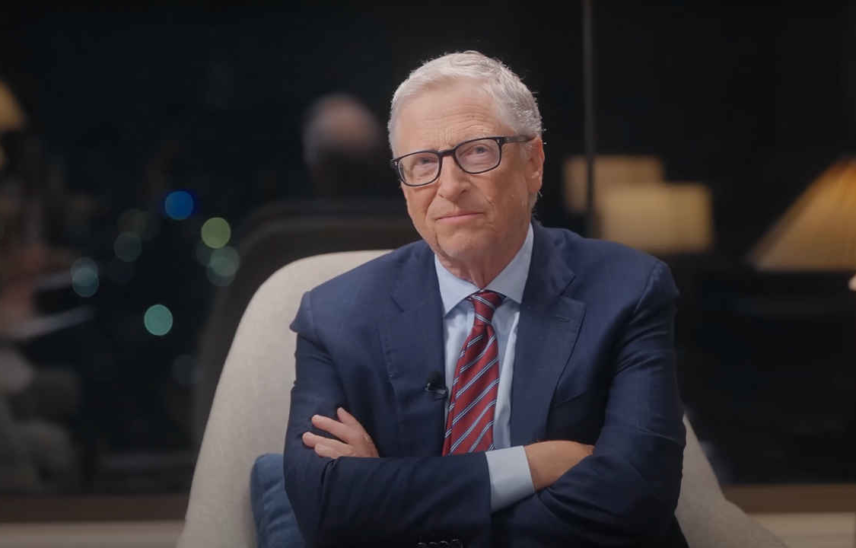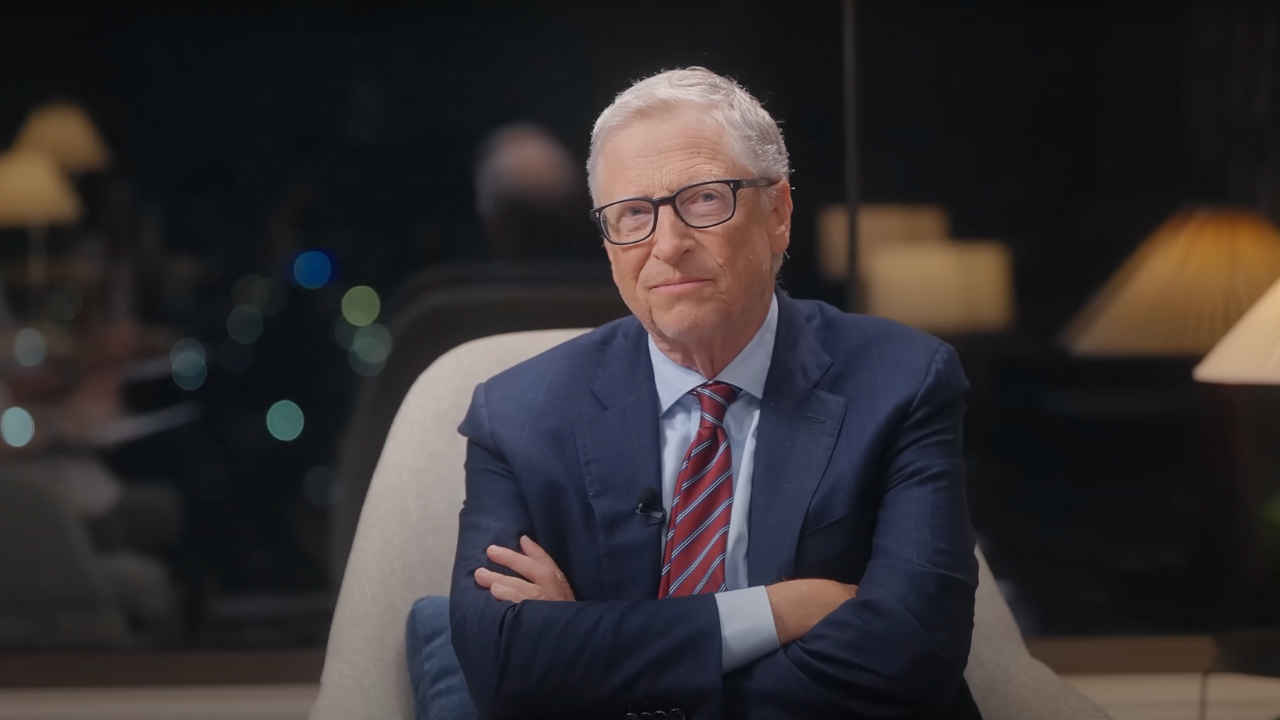
- Home
- Managed Services
- Cyber Security
- Blog
- About Us

We 365 Admin Support, just simplify your IT problems
Call for a free support. +91 96666 59505Platform Partnership
- Who We Help
- Shop
- Contact
- News






HIGHLIGHTS
Table of Contents
ToggleIn recent years, generative AI has made significant strides and its development shows no signs of slowing down. During a podcast hosted by Zerodha’s Nikhil Kamath, Bill Gates expressed his insights on how this technological advancement could drastically alter the landscape of work. He made a bold statement asserting that many jobs currently filled by humans are at risk of being replaced by AI in the upcoming years. Yet, he pointed out three specific professions that are likely to retain a human touch for the foreseeable future: biologists, energy specialists, and software developers.
Gates believes these fields are inherently complex and constantly evolving, thereby resisting any form of automation. He stated, “These domains still necessitate human insight, adaptability, and innovation.” Such sentiments coming from a technology pioneer like Gates certainly carry weight. Given the precision and comprehensive expertise required in these professions, it appears that they will remain largely unaffected by AI advancements for some time. However, Gates also cautioned that a wide array of both white-collar and blue-collar jobs is poised to experience significant disruption due to the rise of AI and robotics.
In past discussions, Gates highlighted the idea that while AI may supplant many roles, it would not capture public interest in activities like sports. As he succinctly put it, nobody is likely to tune in to watch machines play baseball. He stressed that the evolution of AI could usher in a future where individuals have greater autonomy to engage in the pursuits they are most passionate about.
Looking ahead, Gates has speculated on how the job market could transform over the next two decades. He opined that the conventional capitalist framework defining work as we know it might become obsolete. Gates is optimistic about AI’s potential to address critical shortages in essential fields such as healthcare and education. He envisions a scenario where these advancements lead to enhanced flexibility in work schedules, possibly even condensing work weeks to two or three days.
While the rapid progression of AI has sparked numerous debates and apprehensions among experts, Gates maintains a positive outlook. He perceives the forthcoming changes as beneficial for humanity as a whole. With the potential to lessen labor demands, AI-driven advancements could afford individuals more leisure time and opportunities to pursue their interests outside of work.
This optimism is contrasted by the concerns many share about job displacement. As AI and robotics become more integrated into various industries, the call for reskilling and adaptation becomes increasingly urgent. Gates acknowledges this need for an evolved workforce that can pivot and adapt to the transforming job market. In his view, it will be crucial for society to proactively embrace these changes and prepare future generations for the opportunities that may arise in this new, AI-enhanced world.
Thus, while the potential for job displacement is a realistic concern, Gates encourages a narrative that focuses on the positive implications of AI. Rather, than viewing it solely as a threat, he advocates for recognizing its role as a catalyst for creating new and potentially more fulfilling work environments. The ultimate question remains: How will society navigate this transition to ensure that the benefits of AI are maximized, while the challenges it brings are effectively addressed?